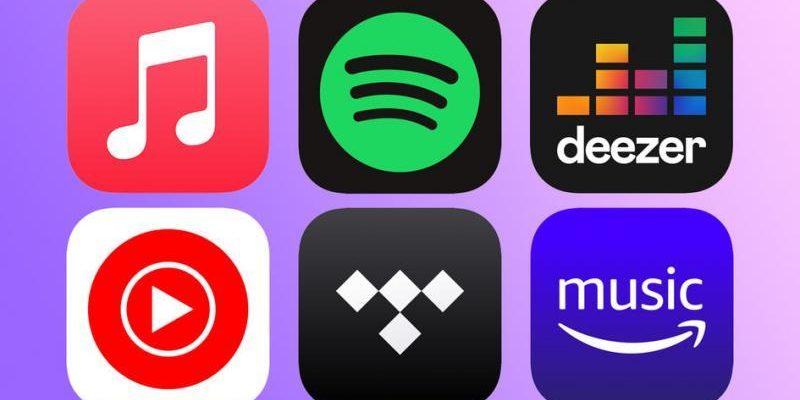The Power of Music Distribution: Amplifying the Reach of Recording Artists
In today’s digital age, the world of music has undergone a seismic shift. With the advent of online platforms, recording artists have been empowered like never before, enabling them to connect directly with their fans and expand their reach globally. At the heart of this transformation lies the crucial concept of music distribution. We’ll delve into the significance of music distribution for recording artists and explore why it has become an essential component of a successful music career.
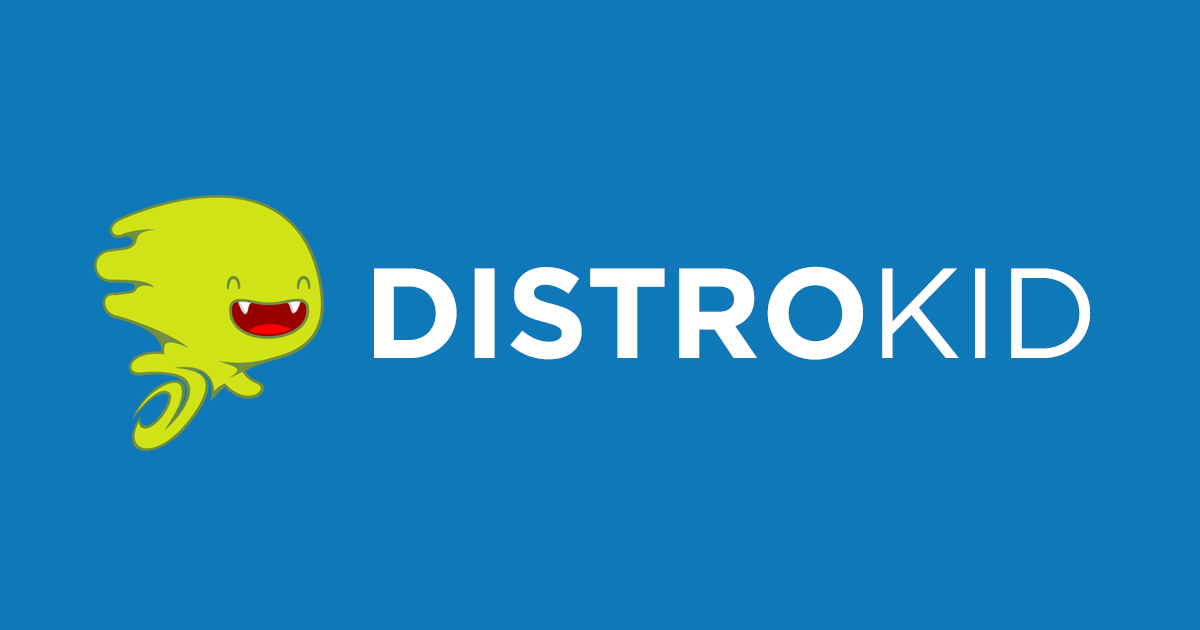
Get 7%OFF your first year’s membership & unlimited uploads for a year!
1. Reaching a Wider Audience: Digital distribution serves as a bridge between recording artists and their audience, facilitating the widespread availability of their music across various platforms. By leveraging the power of distribution services, artists can overcome geographical barriers and connect with listeners worldwide. Whether it’s through streaming platforms, digital stores, or social media, music distribution offers an unparalleled opportunity to expand one’s fan base and reach new listeners.
2. Maximizing Revenue Opportunities: For recording artists, music distribution plays a vital role in generating revenue streams. By making their music available on platforms such as streaming services, artists can earn royalties based on the number of plays their songs receive. Moreover, with the rise of innovative distribution models, artists can explore additional avenues for monetization, such as licensing deals, synchronization placements, merchandise sales, and live performances. Music distribution acts as a catalyst for artists to tap into multiple income sources and sustain their creative endeavours.
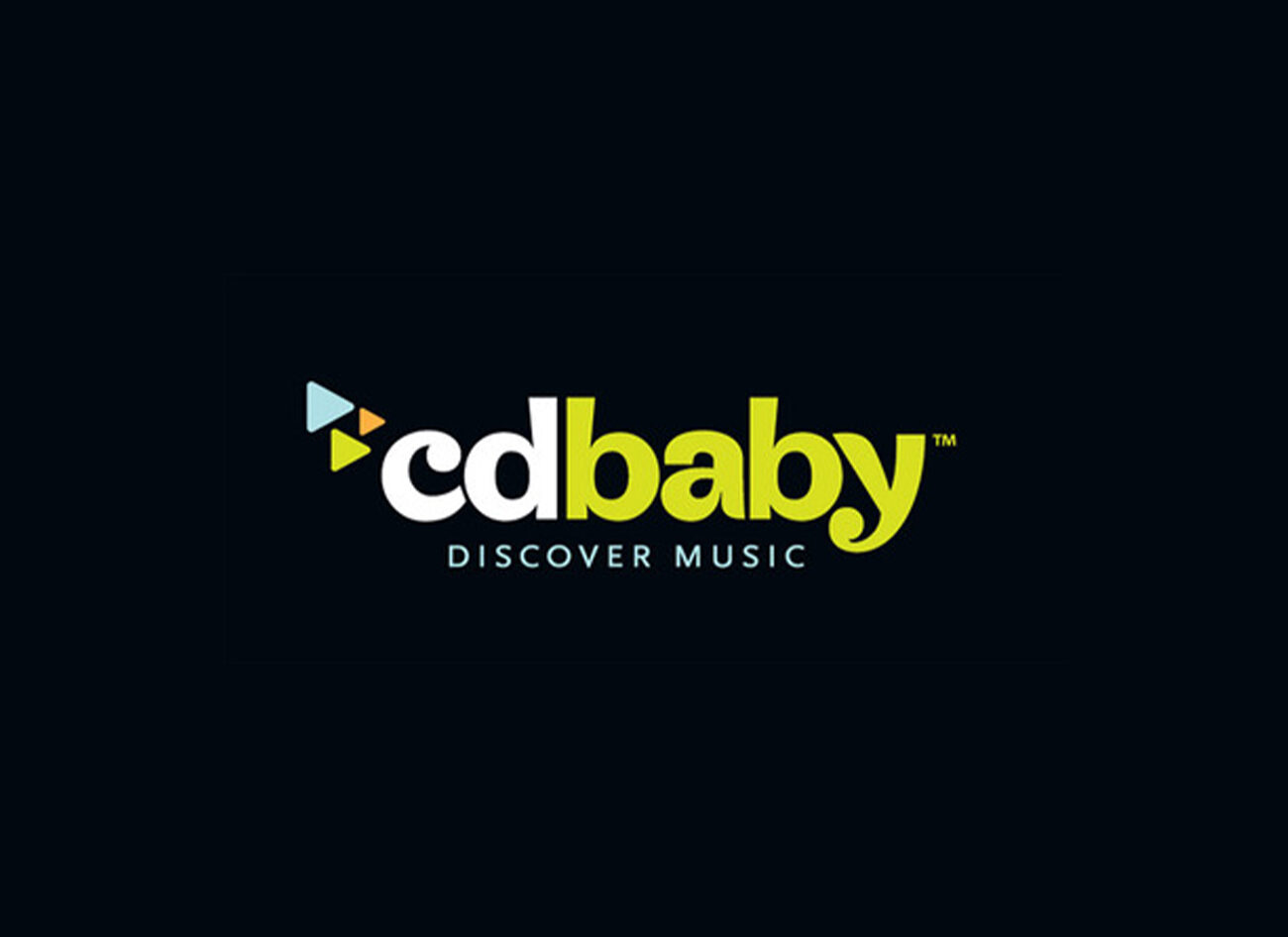
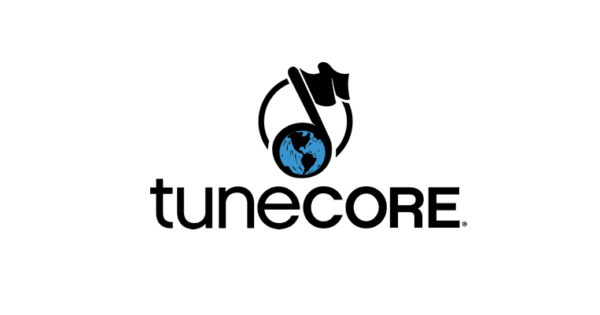
Get 20%OFF your first single or album!
3. Maintaining Creative Control: In the past, artists often had to rely on record labels to handle the distribution of their music. This dependency often resulted in limited creative control and financial constraints. However, with the rise of independent distribution platforms, artists now have the freedom to maintain control over their music, artwork, release schedules, and promotional strategies. Music distribution empowers artists to make decisions that align with their artistic vision and goals, fostering a sense of autonomy and ownership.
4. Building a Professional Image: Effective distribution enhances an artist’s professional image in the industry. By ensuring their music is available on reputable platforms, recording artists can establish credibility and legitimacy. This, in turn, paves the way for collaborations, partnerships, and opportunities for exposure. Music distribution serves as a stamp of professionalism, showcasing an artist’s dedication to their craft and their commitment to connecting with a wider audience.

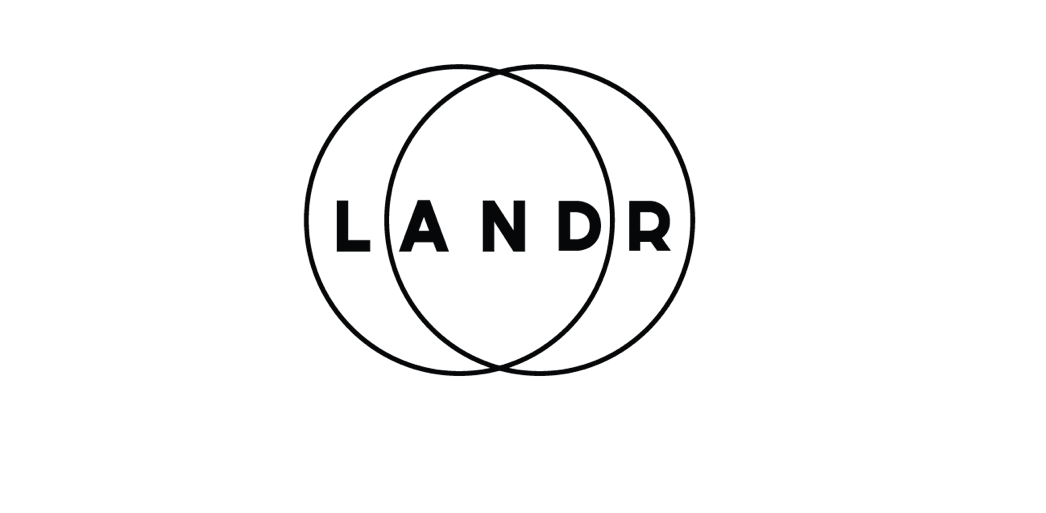
5. Leveraging Data and Insights: Distribution platforms provide invaluable insights into listener behaviour, demographics, and trends. Artists can access detailed analytics and metrics to understand their audience better, identify regions of popularity, and make informed decisions regarding their marketing and touring strategies. These insights enable recording artists to adapt, evolve, and refine their approach, ultimately fostering stronger connections with their fan base.

